
Ethical Machines
I have to roll my eyes at the constant click bait headlines on technology and ethics.
If we want to get anything done, we need to go deeper.
That’s where I come in. I’m Reid Blackman, a former philosophy professor turned AI ethics advisor to government and business.
If you’re looking for a podcast that has no tolerance for the superficial, try out Ethical Machines.
- Update frequency
- every 6 days
- Average duration
- 45 minutes
- Episodes
- 58
- Years Active
- 2024 - 2025
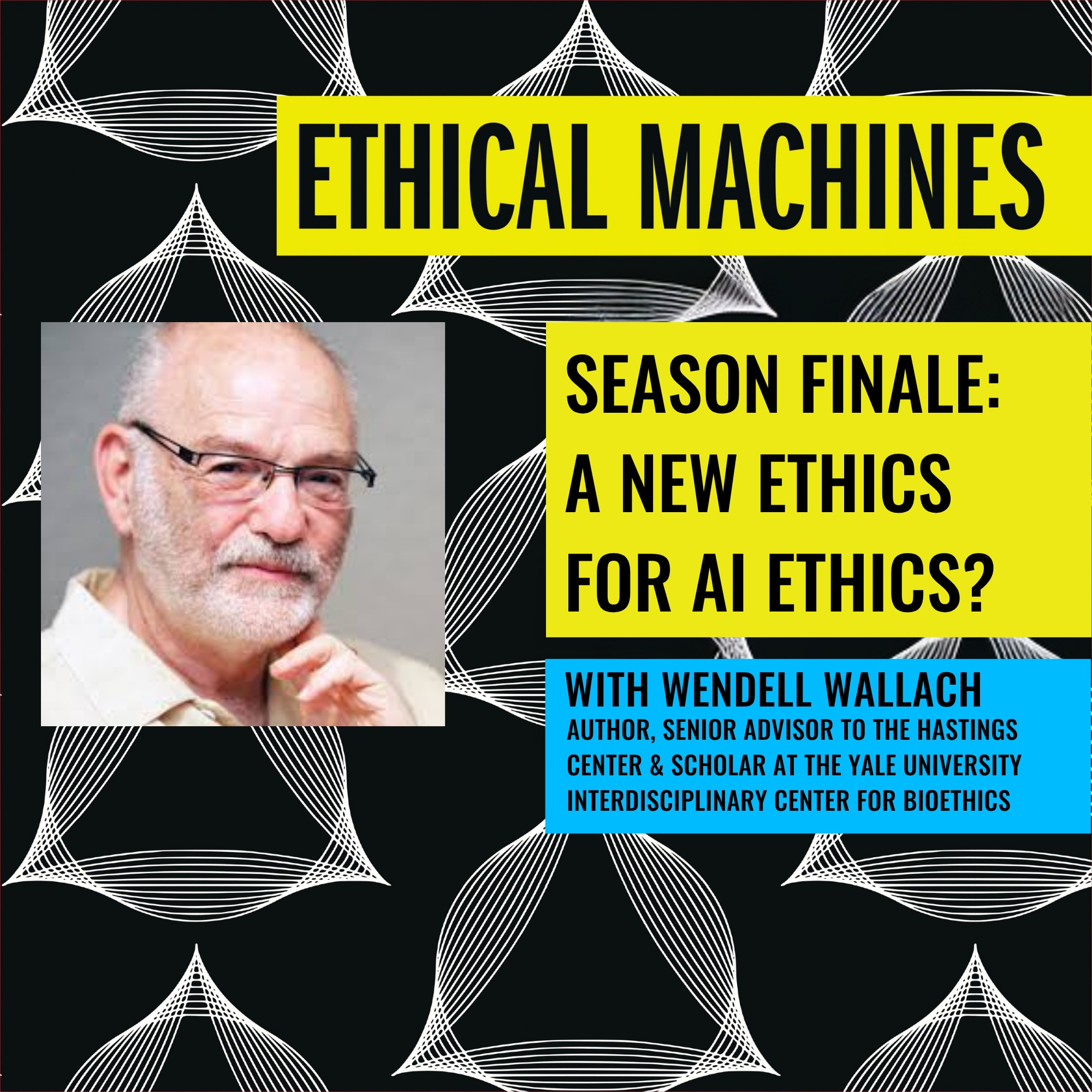
Season finale: A New Ethics for AI Ethics?
Wendell Wallach, who has been in the AI ethics game longer than just about anyone and has several books to his name on the subject, talks about his dissatisfaction with talk of “value alignment,” why…
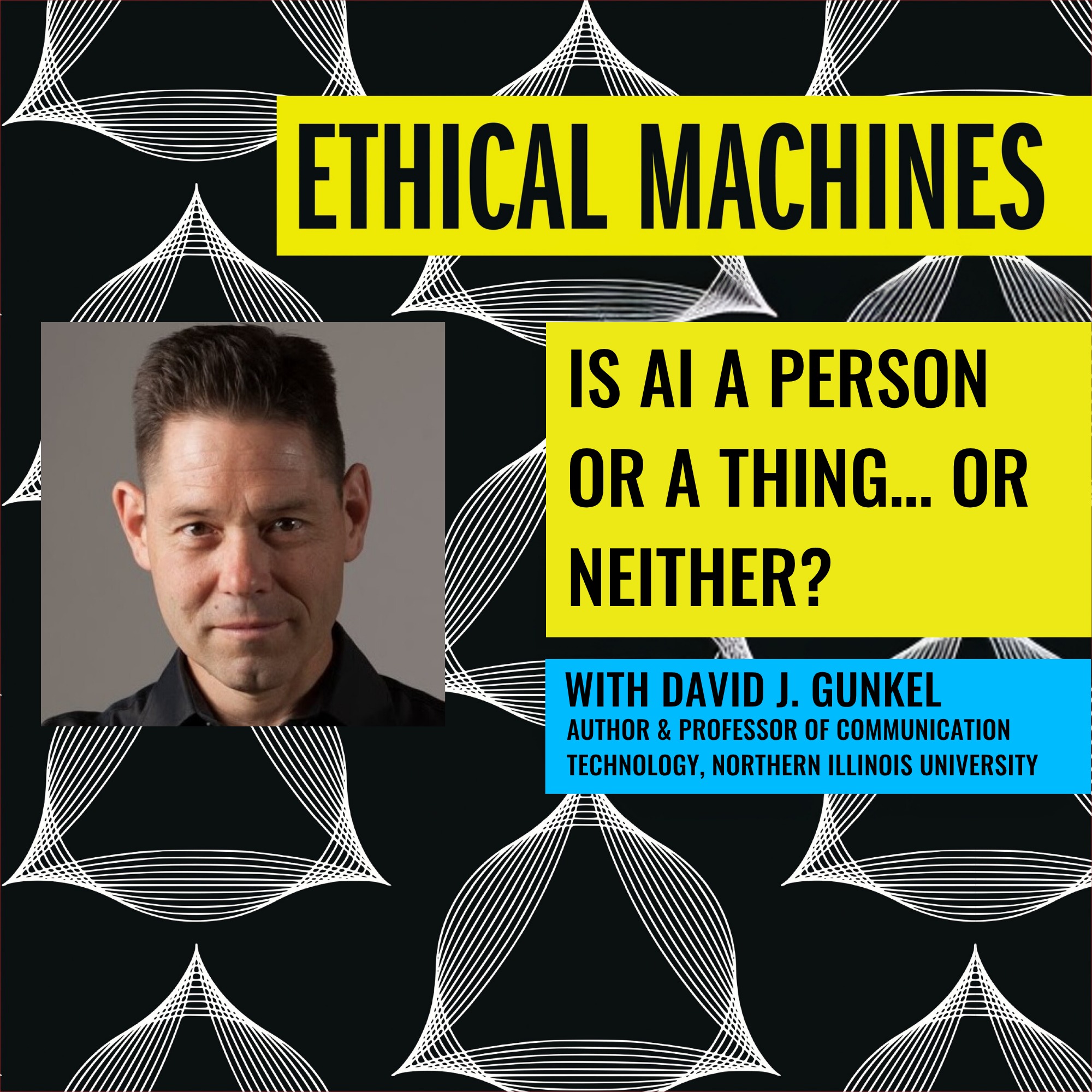
Is AI a Person or a Thing… or Neither?
It would be crazy to attribute legal personhood to AI, right? But then again, corporations are regarded as legal persons and there seems to be good reason for doing so. In fact, some rivers are class…
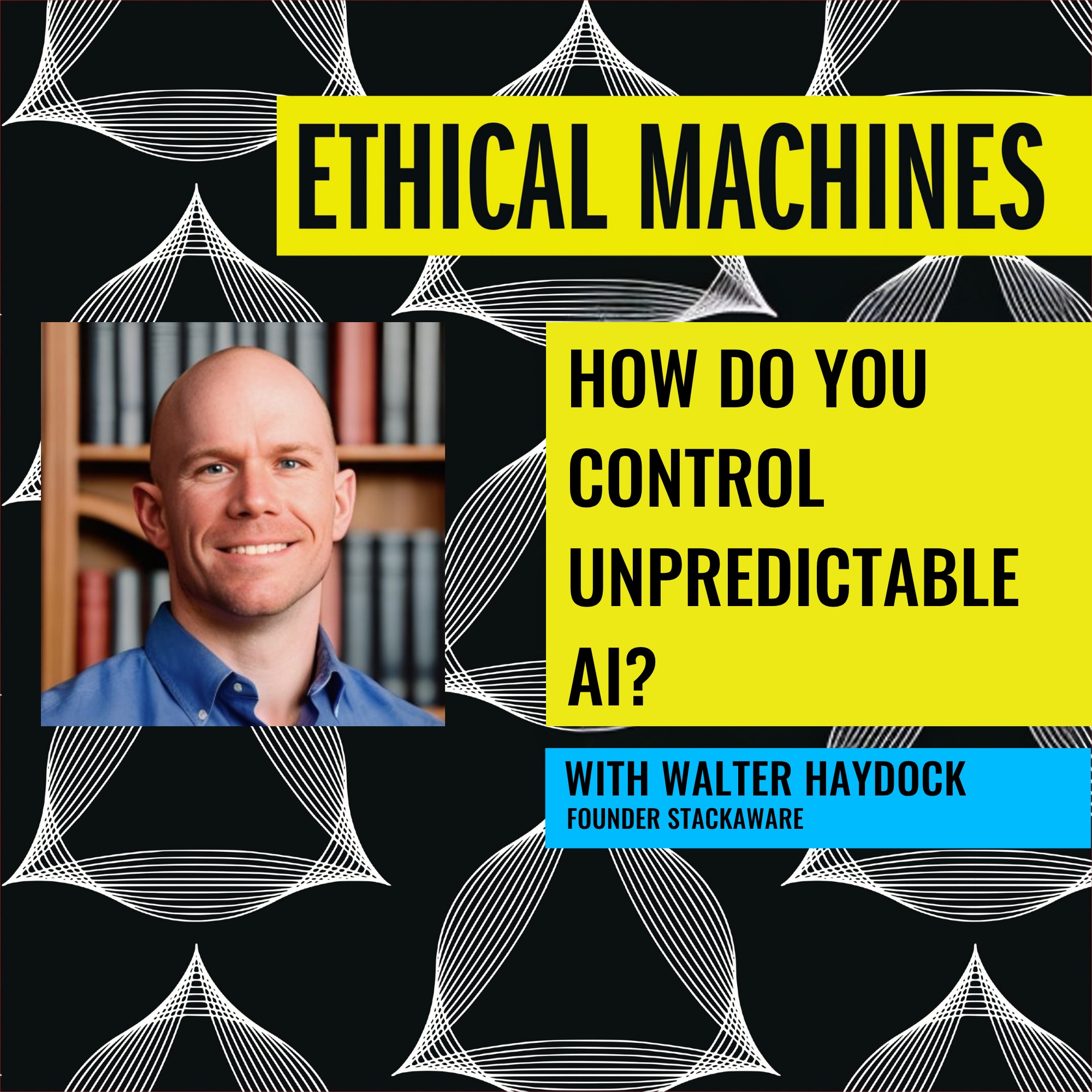
How Do You Control Unpredictable AI?
LLMs behave in unpredictable ways. That’s a gift and a curse. It both allows for its “creativity” and makes it hard to control (a bit like a real artist, actually). In this episode, we focus on the c…
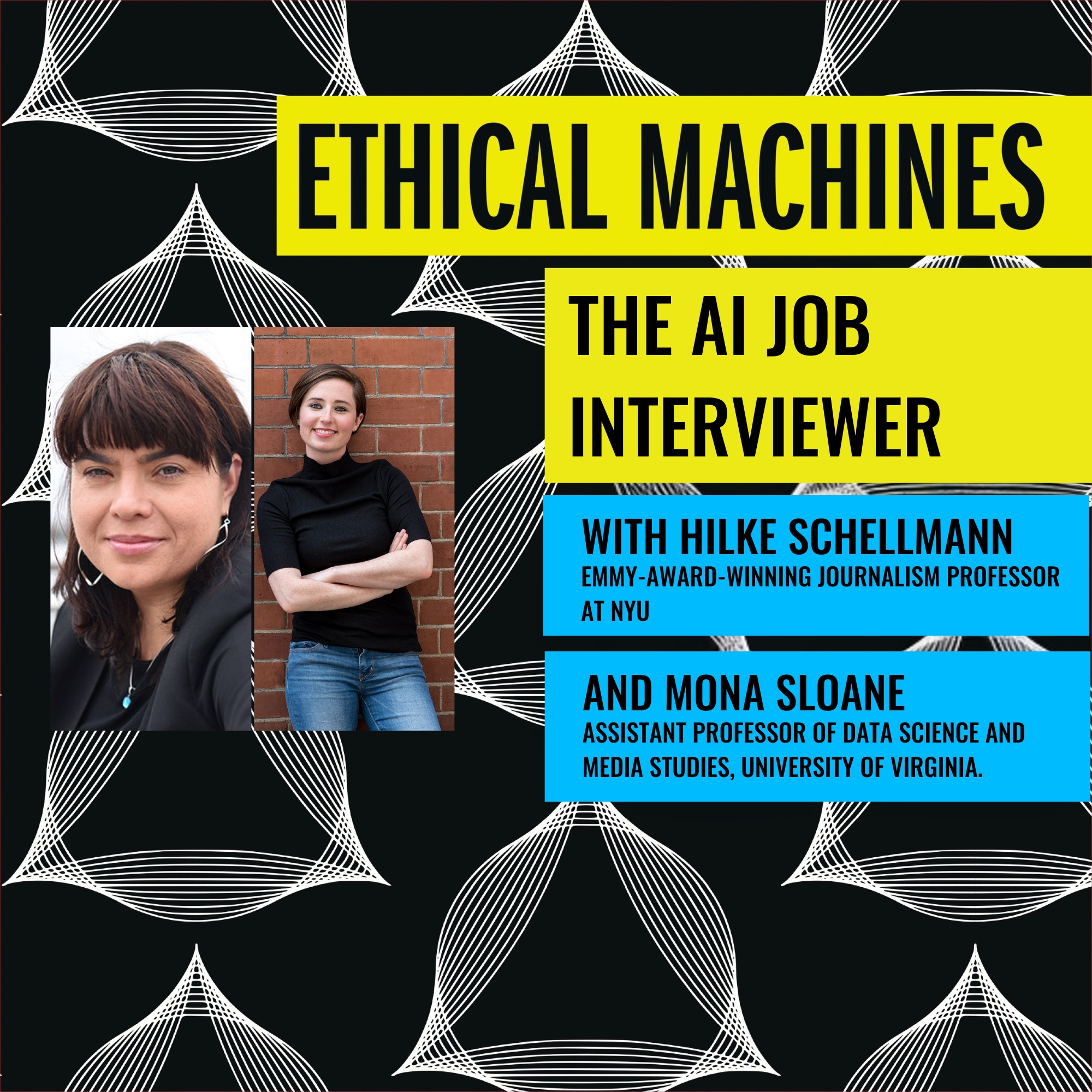
The AI Job Interviewer
AI can stand between you and getting a job. That means for you to make money and support yourself and your family, you may have to convince an AI that you’re the right person for the job. And yet, AI…

Accuracy Isn’t Enough
We want accurate AI, right? As long as it’s accurate, we’re all good? My guest, Will Landecker, CEO Accountable Algorithm, explains why accuracy is just one metric among many to aim for. In fact, we …
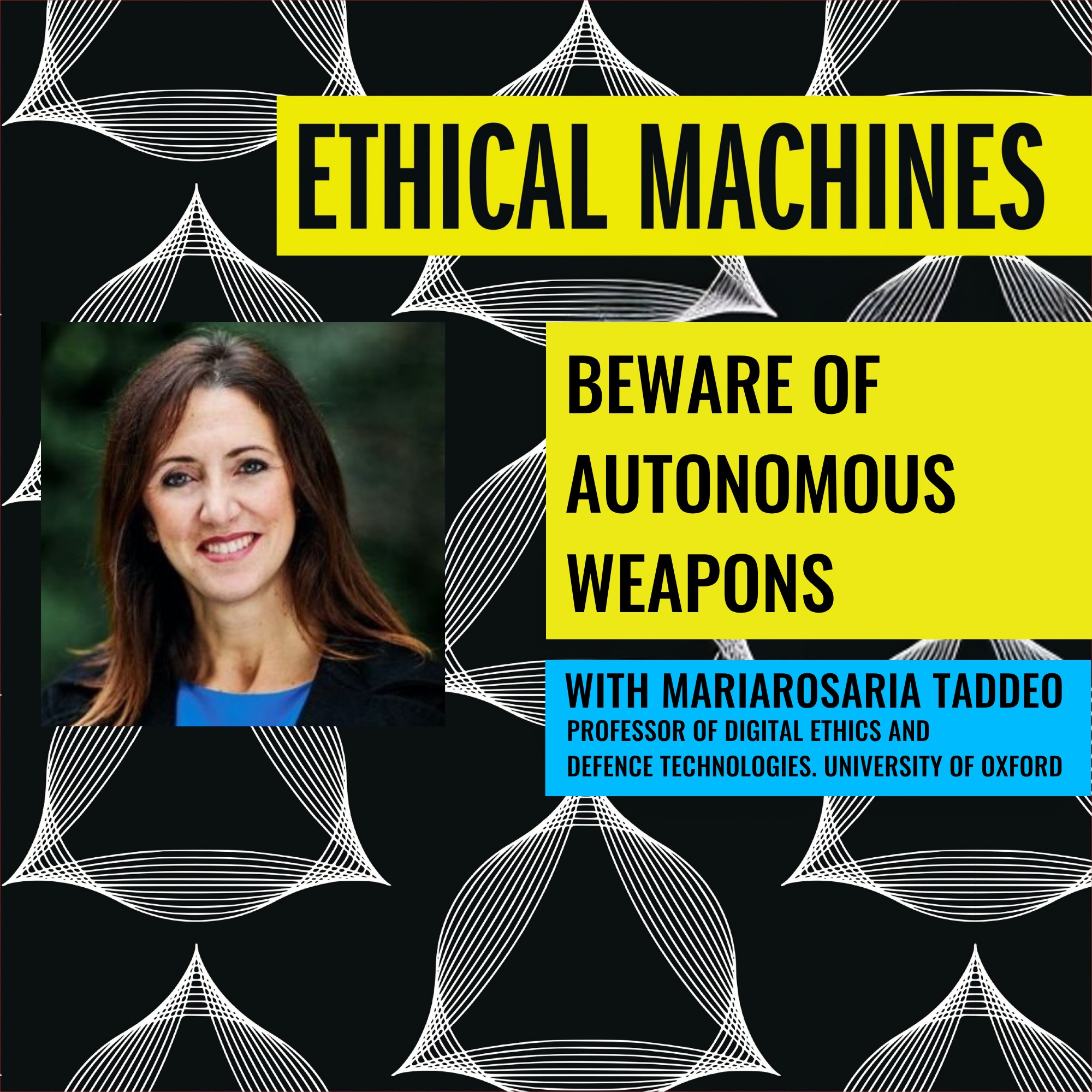
Beware of Autonomous Weapons
Should we allow autonomous AI systems? Who is accountable if things go sideways? And how is AI going to transform the future of military work? All this and more with my guest, Rosaria Taddeo, Profess…
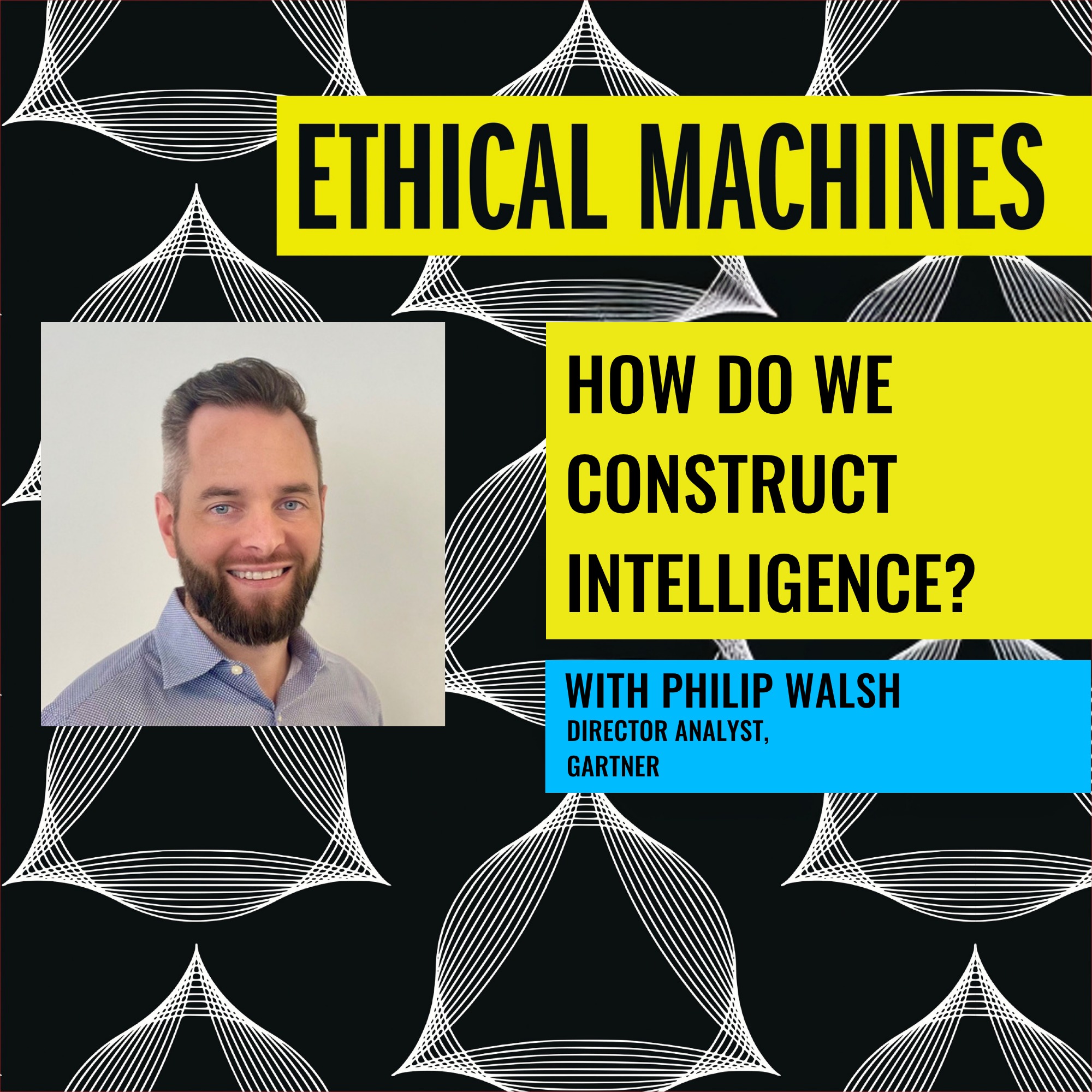
How Do We Construct Intelligence?
The Silicon Valley titans talk a lot about intelligence and super intelligence of AI…but what is intelligence, anyway? My guest, former philosopher professor and now Director at Gartner Philip Walsh …
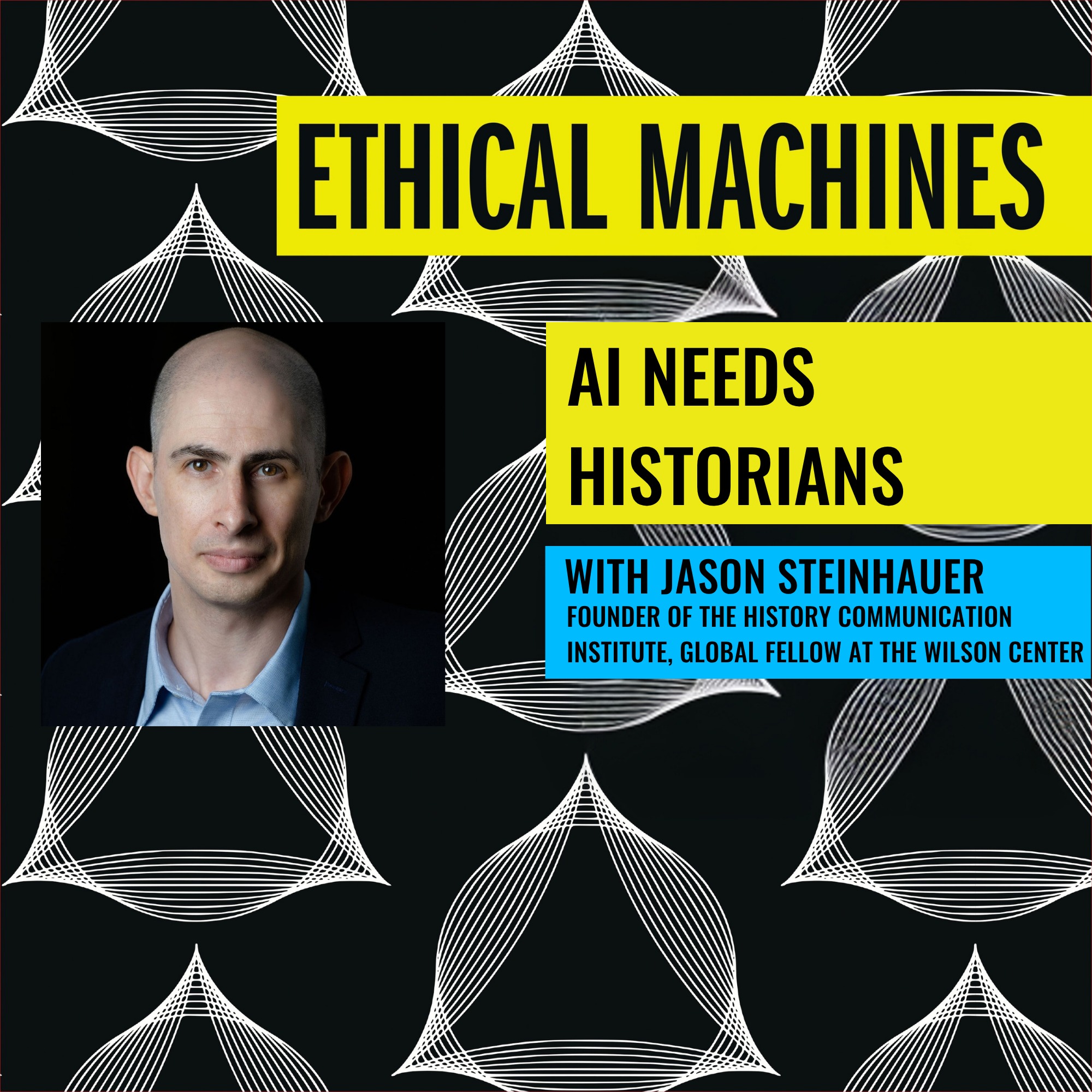
AI Needs Historians
How can we solve AI’s problems if we don’t understand where they came from? Originally aired in season one.
Advertising Inquiries: https://redcircle.com/brands
Privacy & Opt-Out: https://redcircle.com/…
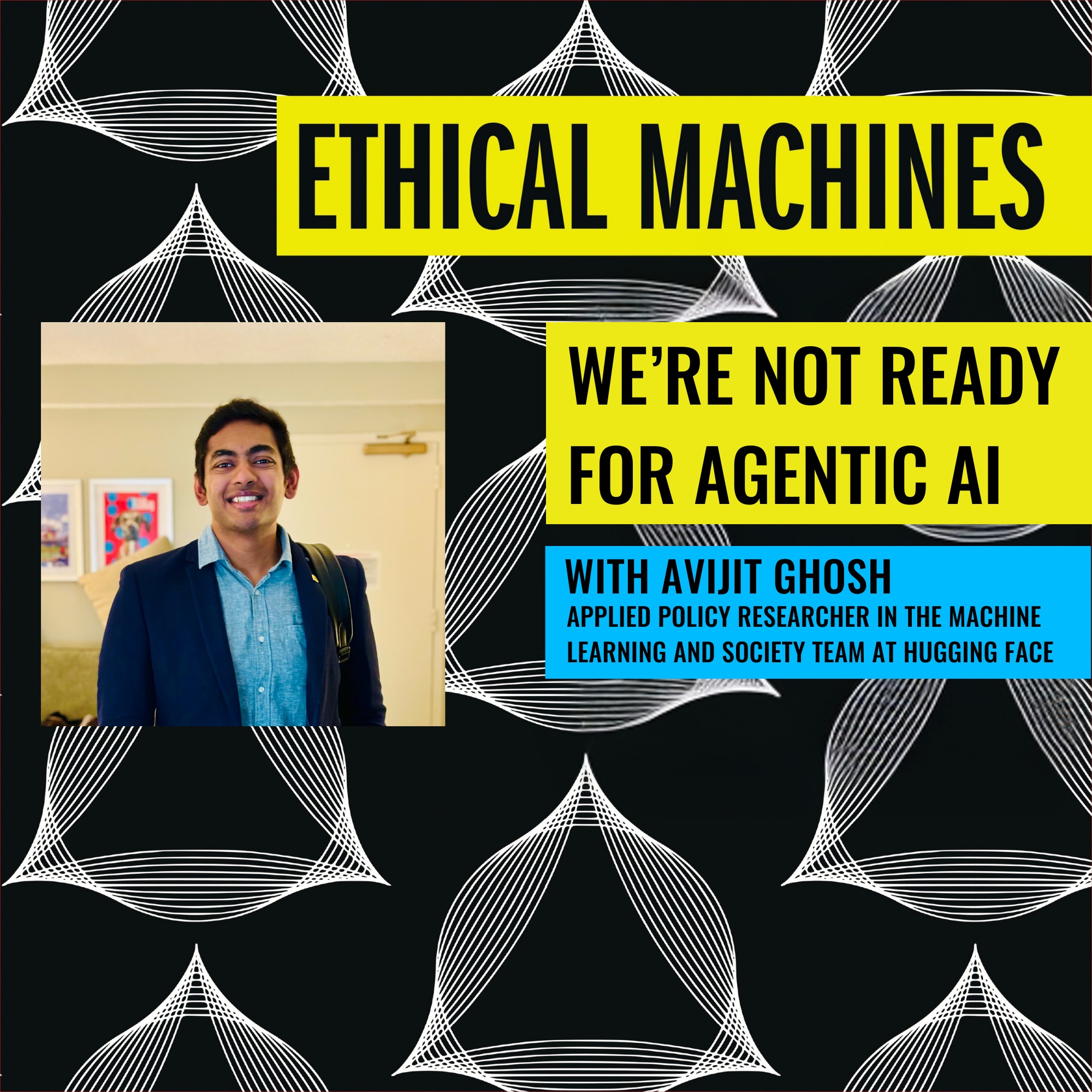
We’re Not Ready for Agentic AI
Tech companies are racing to build and sell agentic. The vision is one in which countless AI agents are acting on our behalf: searching the web, making transactions, interacting with other AI agents.…
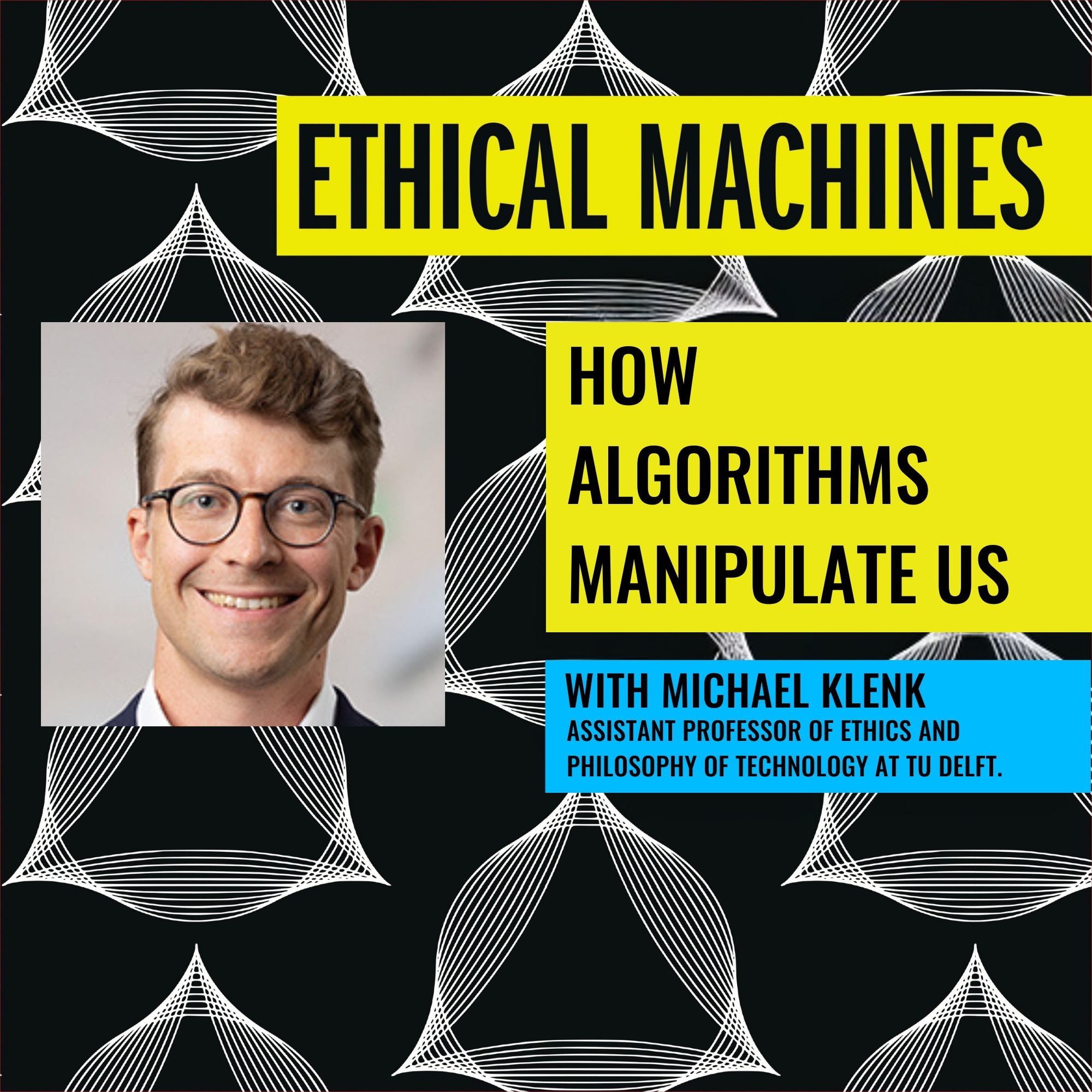
How Algorithms Manipulate Us
We’re told that algorithms on social media are manipulating us. But is that true? What is manipulation? Can an AI really do it? And is it necessarily a bad thing? These questions and more with philos…
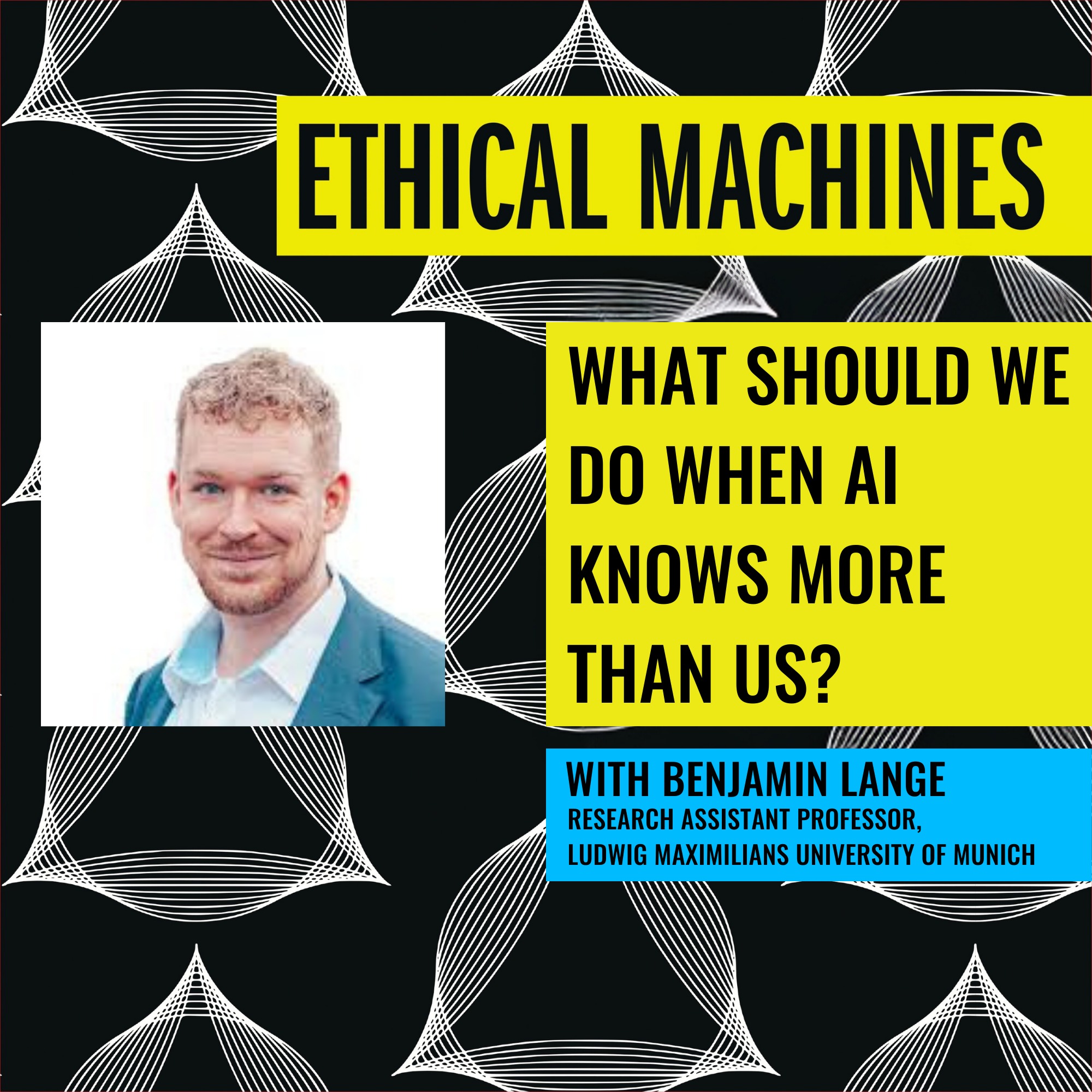
What Should We Do When AI Knows More Than Us?
We often defer to the judgment of experts. I usually defer to my doctor’s judgment when he diagnoses me, I defer to quantum physicists when they talk to me about string theory, etc. I don’t say “well…

Should We Ignore Claims about AI’s Existential Threat?
Are claims about AI destroying humanity just more AI hype we should ignore? My guests today, Risto Uuk and Torben Swoboda assess three popular arguments for why we should dismiss them and focus solel…
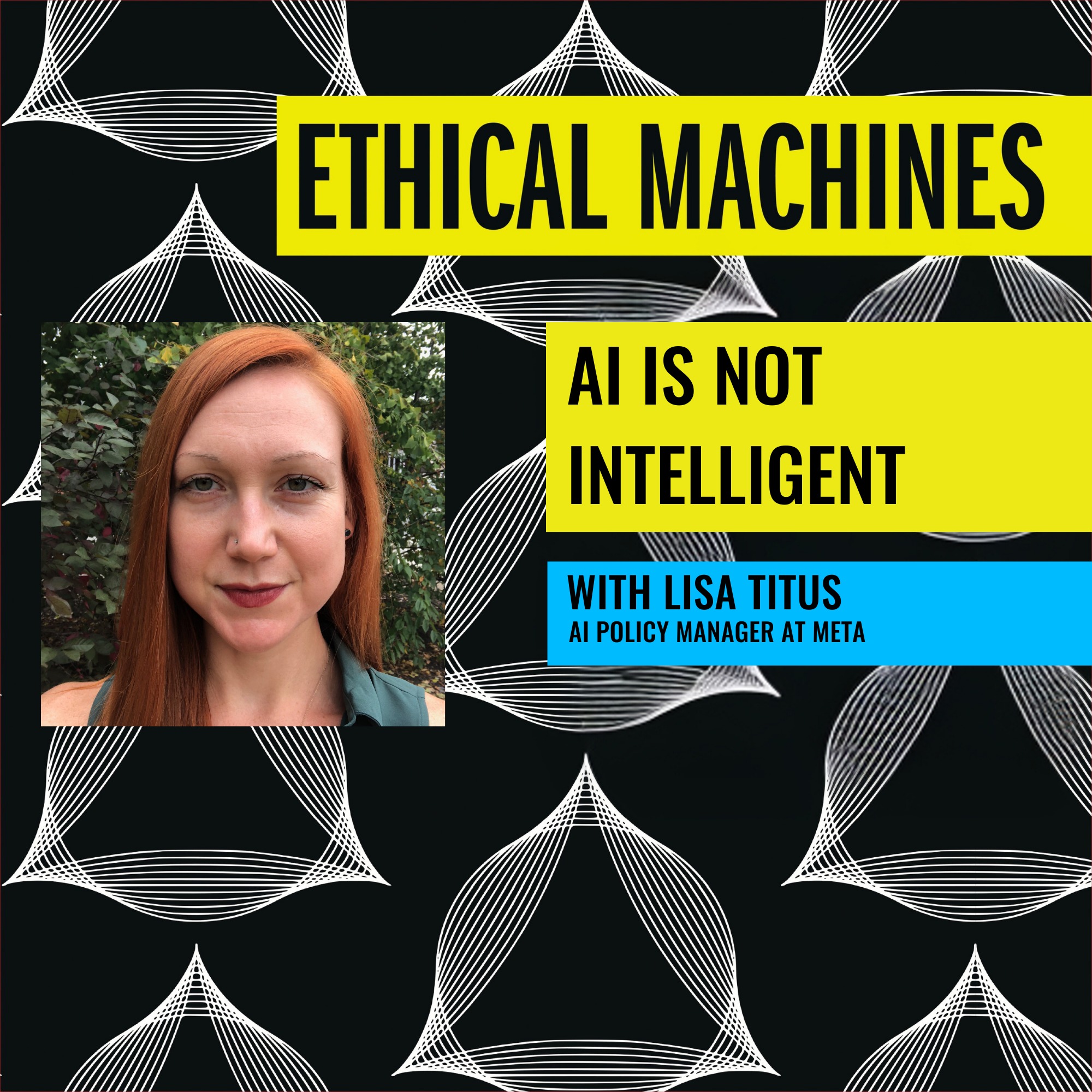
AI is Not Intelligent
I have to admit, AI can do some amazing things. More specifically, it looks like it can perform some impressive intellectual feats. But is it actually intelligent? Does it understand? Or is it just r…
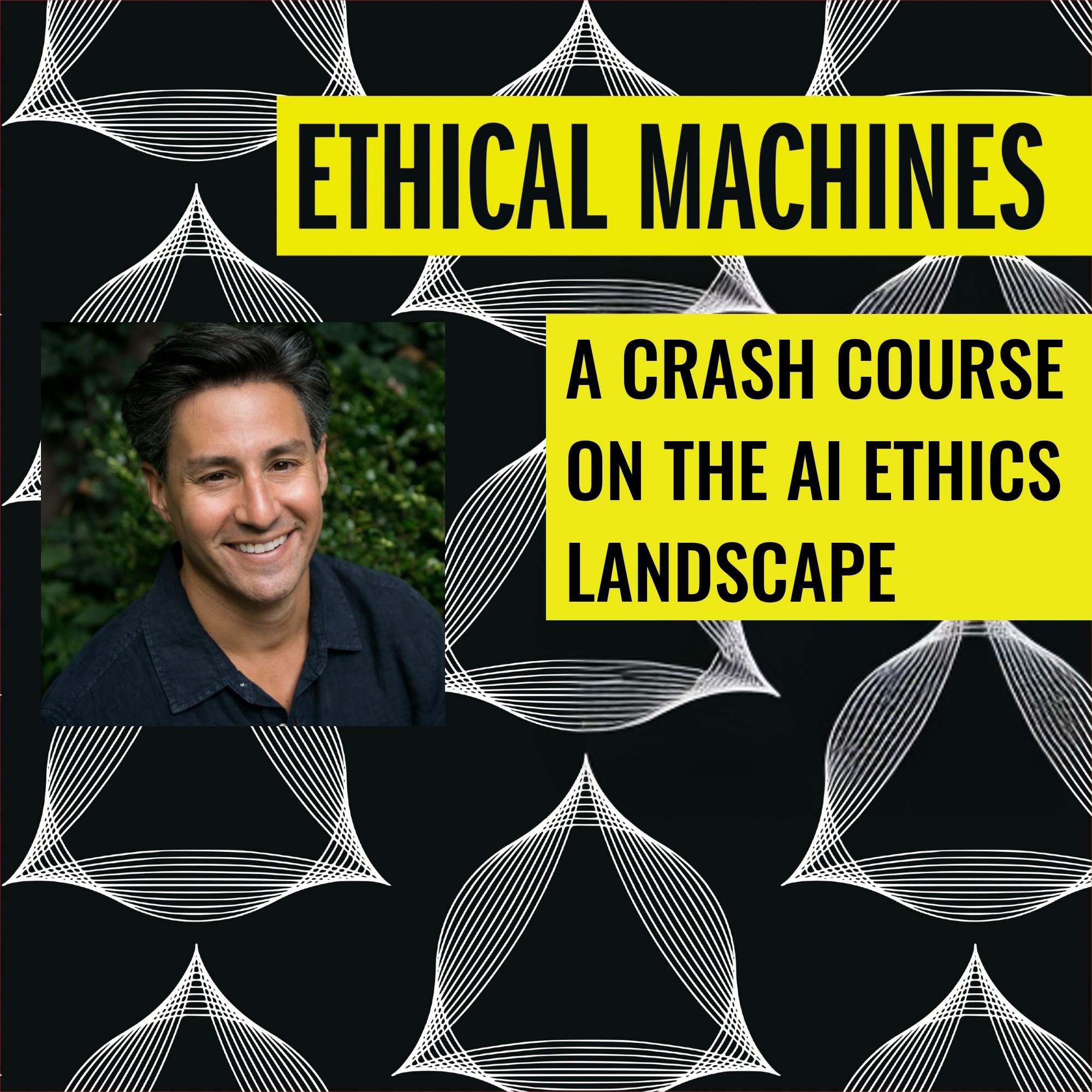
A Crash Course on the AI Ethics Landscape
By the end of this crash course, you’ll understand a lot about the AI ethics landscape. Not only will it give you your bearings, but it will also enable you to identify what parts of the landscape yo…
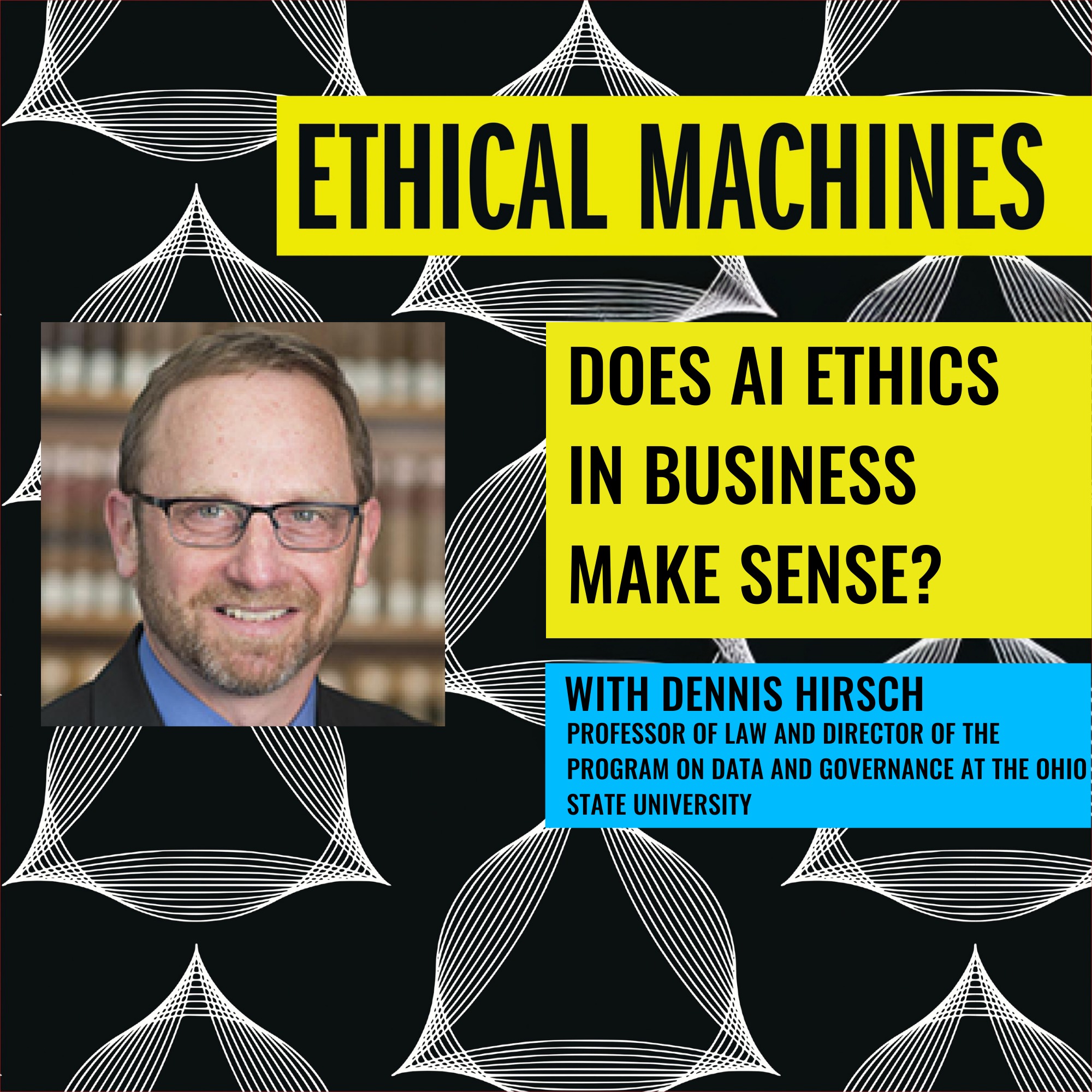
Does AI Ethics in Business Make Sense?
People want AI developed ethically, but is there actually a business case for it? The answer better be yes since, after all, it’s businesses that are developing AI in the first place. Today I talk wi…
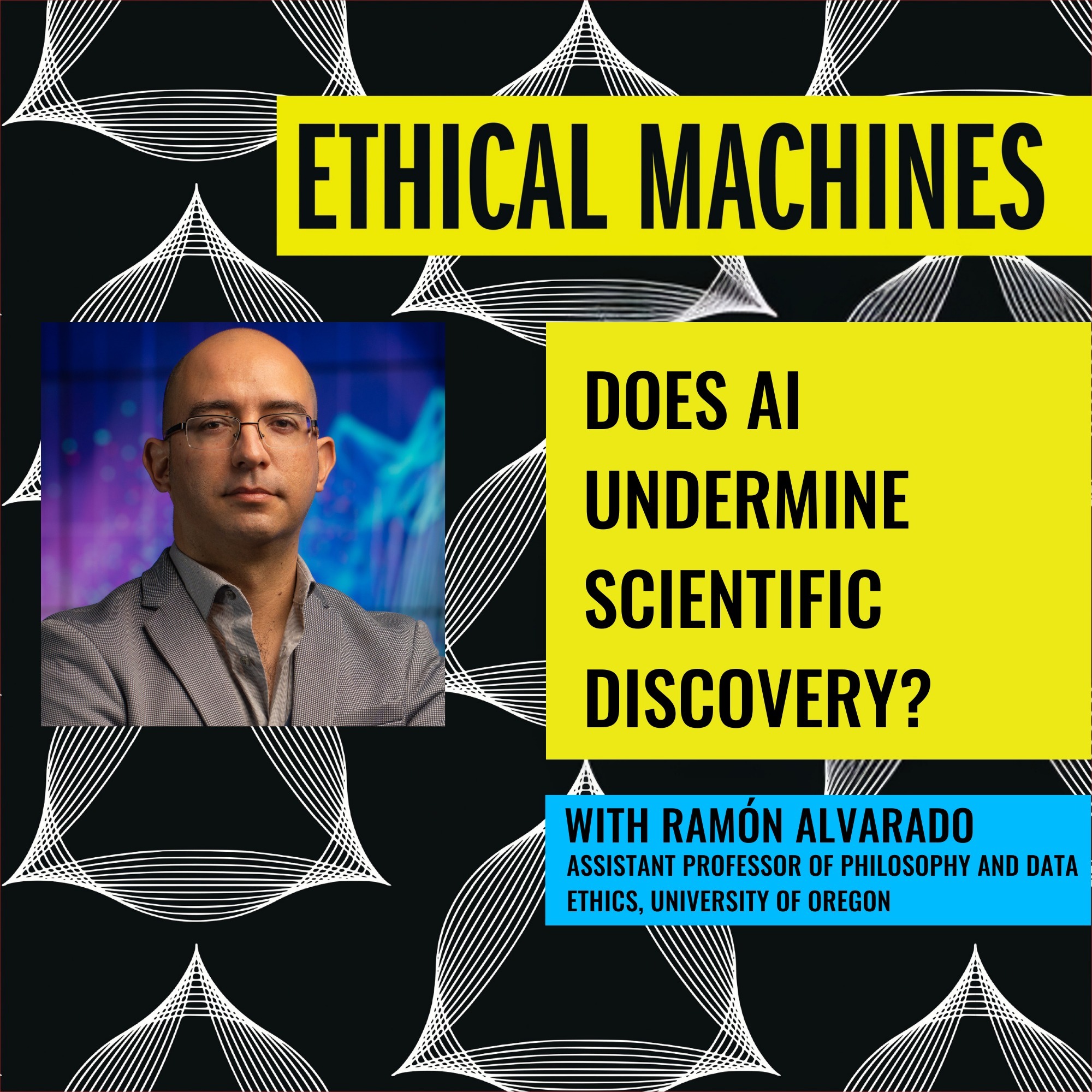
Does AI Undermine Scientific Discovery?
Automation is great, right? It speeds up what needs to get done. But is that always a good thing? What about in the process of scientific discovery? Yes, AI can automate a lot of science by running t…
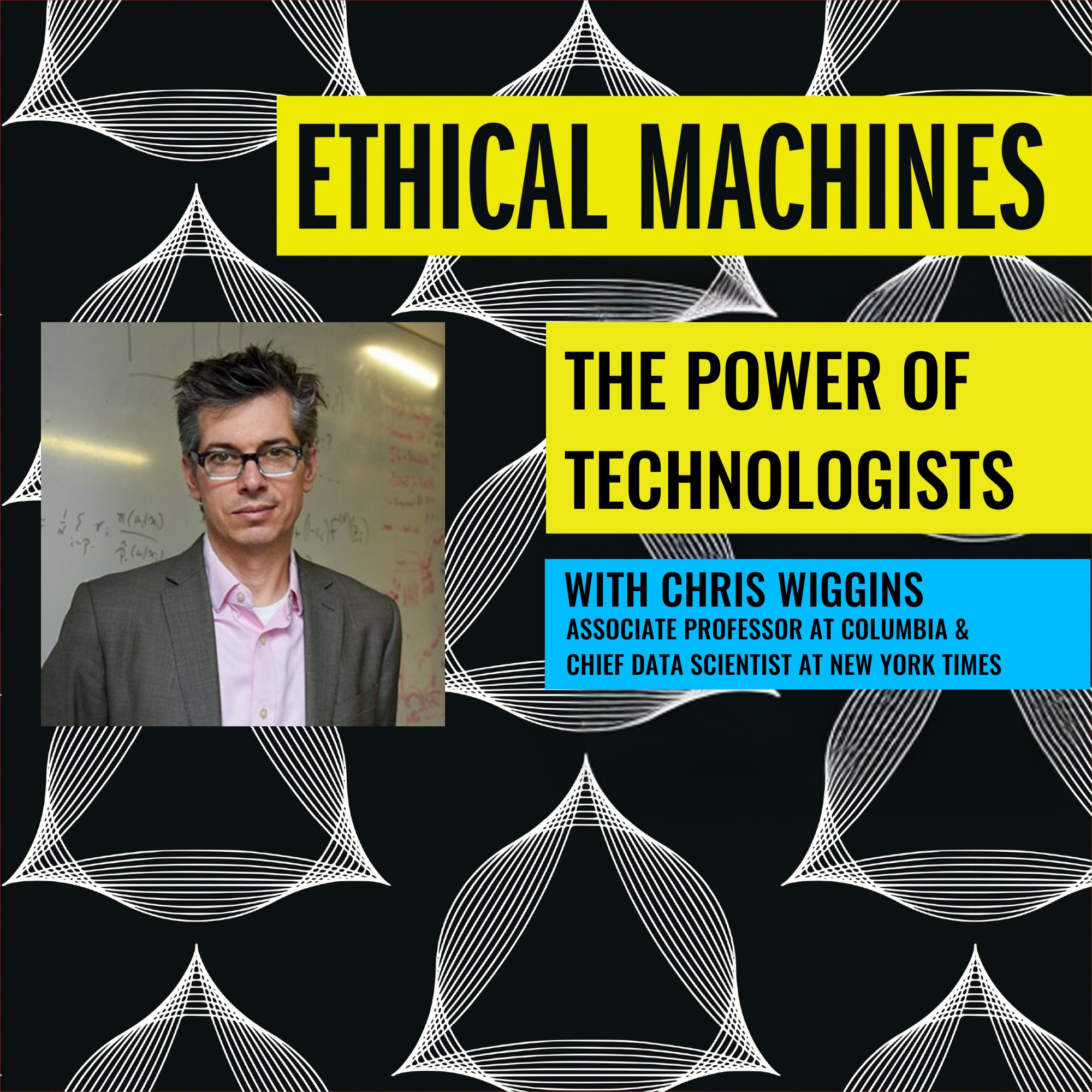
The Power of Technologists
Behind all those algorithms are the people who create them and embed them into our lives. How did they get that power? What should they do with it? What are their responsibilities? This and more with…
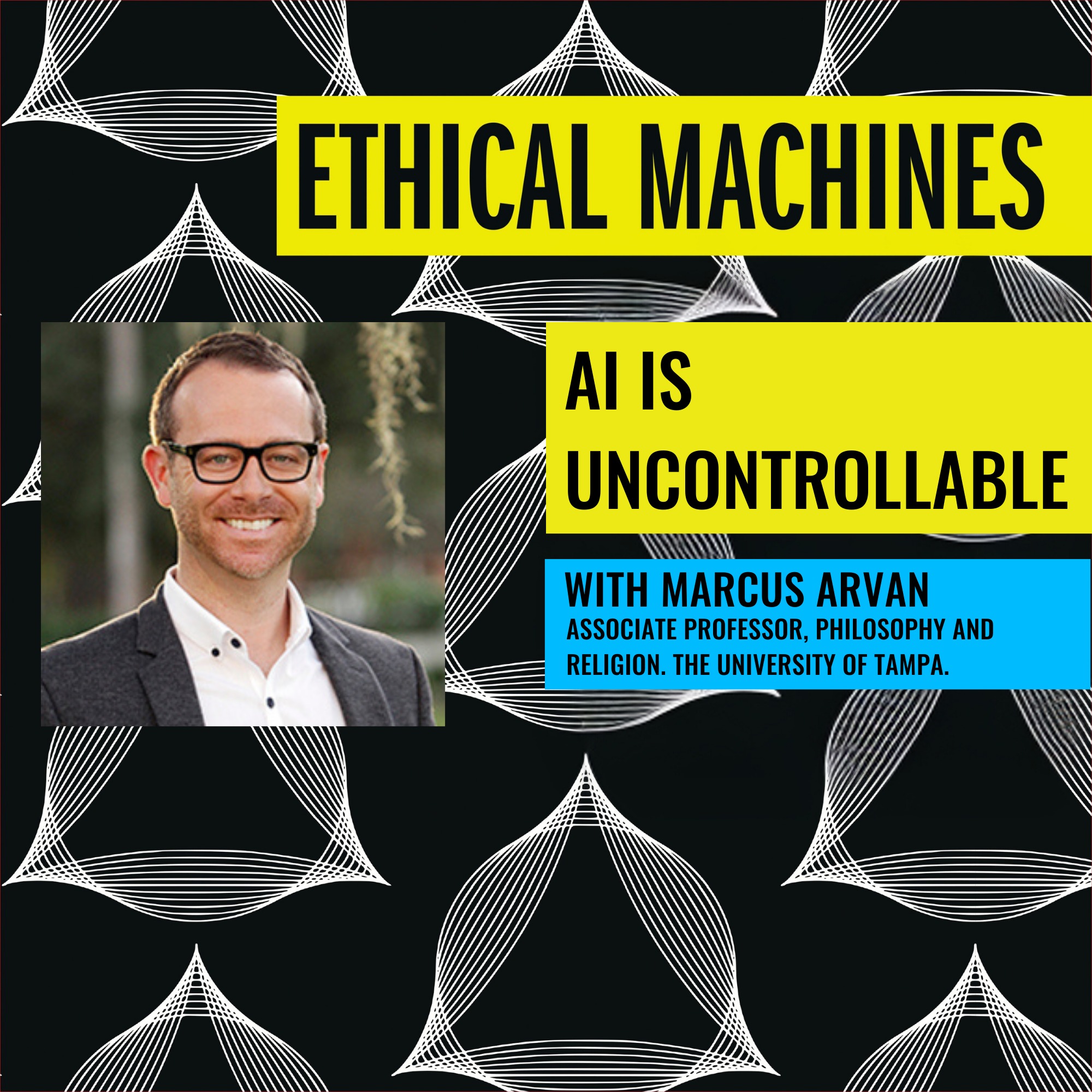
AI is Uncontrollable
People in the AI safety community are laboring under an illusion, perhaps even a self-deception, my guest argues. They think they can align AI with our values and control it so that the worst doesn’t…
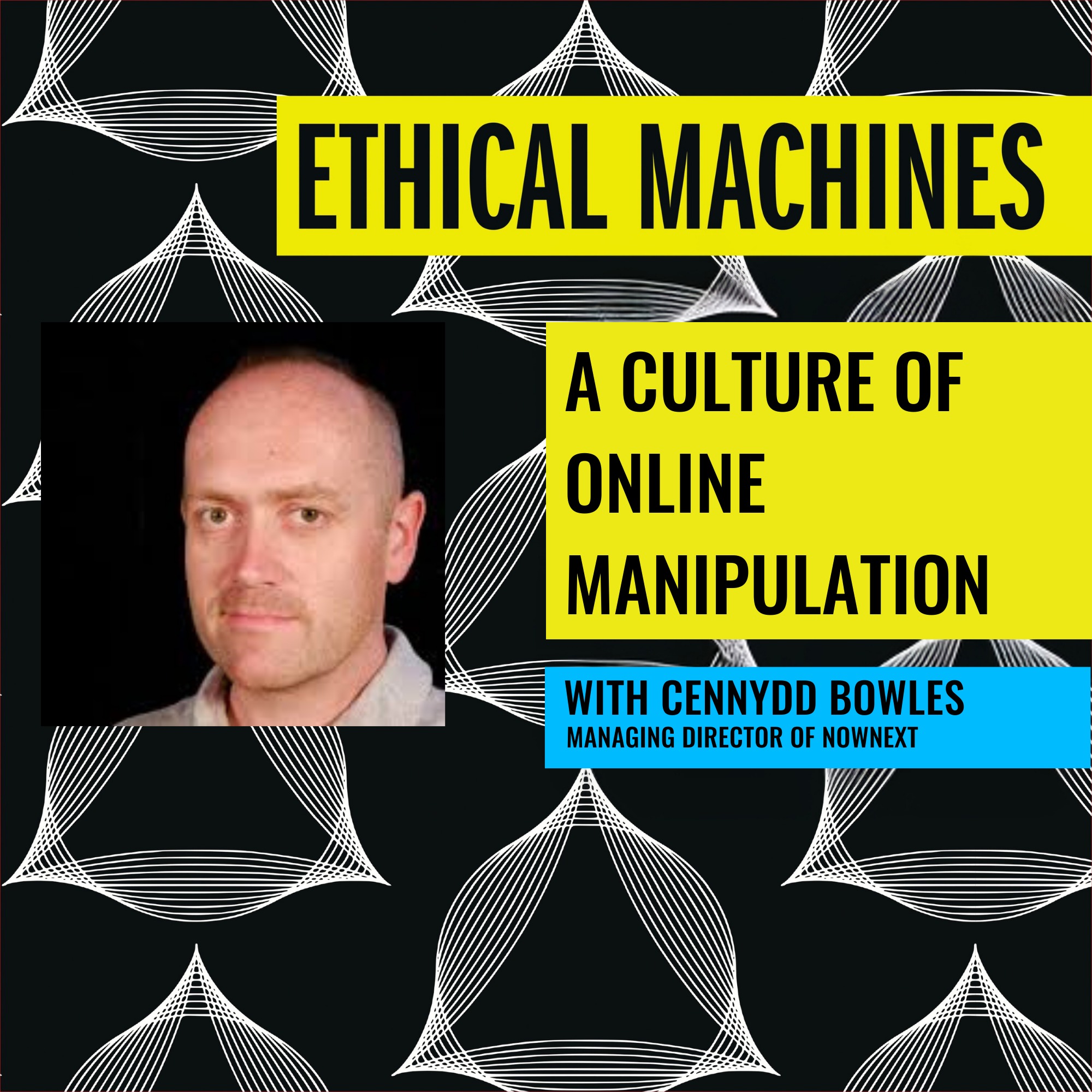
A Culture of Online Manipulation
Developers are constantly testing how online users react to their designs. Will they stay longer on the site because of this shade of blue? Will they get depressed if we show them depressing social m…
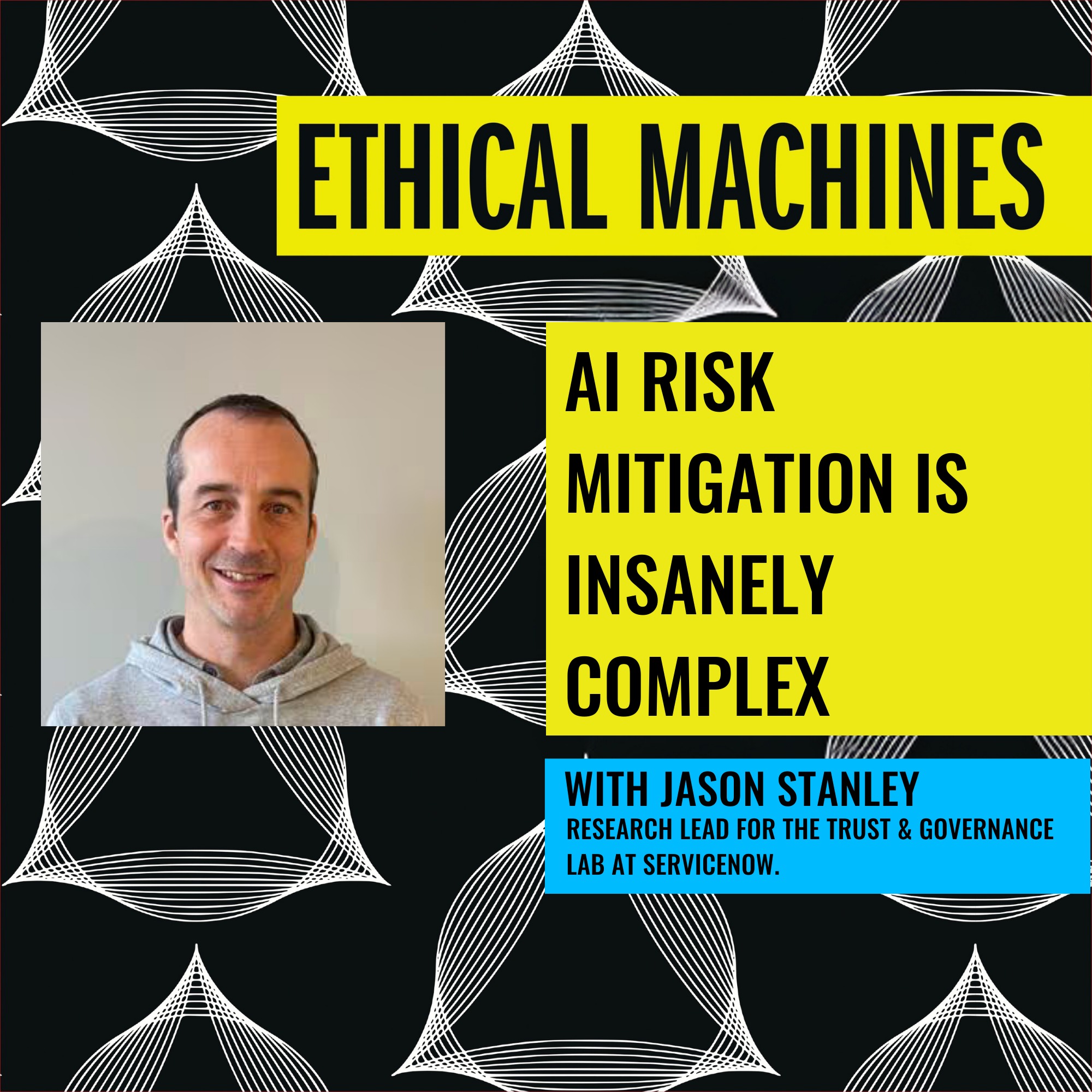
AI Risk Mitigation is Insanely Complex
There’s a picture in our heads that’s overly simplistic and the result is not thinking clearly about AI risks. Our simplistic picture is that a team develops AI and then it gets used. The truth, the …